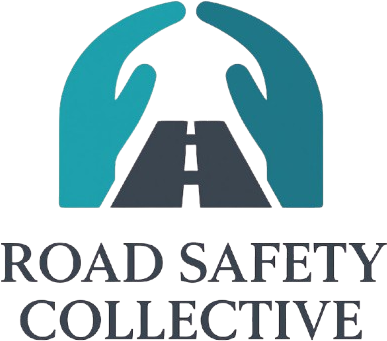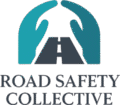Road Safety
At Road Safety Collective, we believe that safe roads are a right, not a privilege. Every life matters, and every accident is preventable when the right systems, behaviours, and awareness come together.
Child Safety
Children are among the most vulnerable passengers on the road, and their safety demands extra attention. Properly installed car seats, booster seats, and seat belts that are age- and size-appropriate significantly reduce injury risk. Parents should always ensure children are seated in the back, away from active airbags, and educate them on safe behaviour when entering or exiting vehicles, especially near traffic zones or school areas.
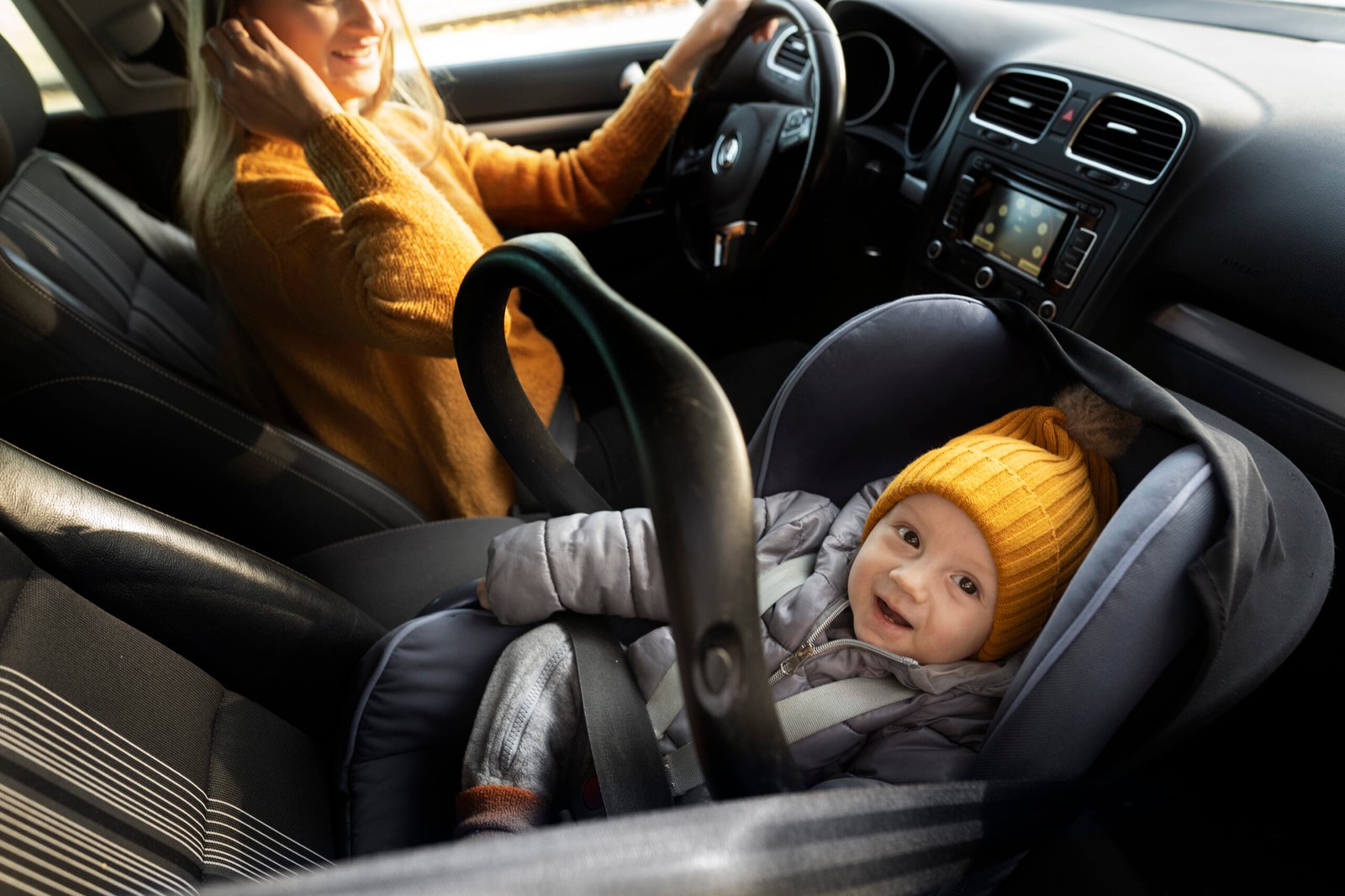
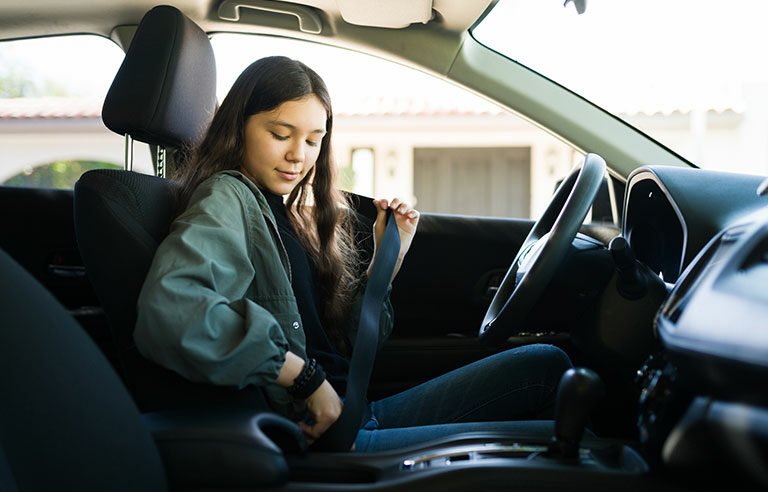
Teen Driving
Teenagers face a steep learning curve behind the wheel, often compounded by distractions, peer pressure, and overconfidence. Road safety for teens begins with comprehensive driving education, supervised practice, and strong parental guidance. Encouraging teens to avoid speeding, texting while driving, and nighttime driving without experience can greatly reduce accident risks during these formative years.
Older Drivers
As people age, physical changes in vision, hearing, reflexes, and mobility can affect driving ability. Older drivers should regularly assess their fitness to drive, attend medical check-ups, and stay updated with new traffic rules or road designs. Simple adjustments like driving during daylight hours, avoiding busy highways, and using assistive devices can help them stay safe and independent longer.
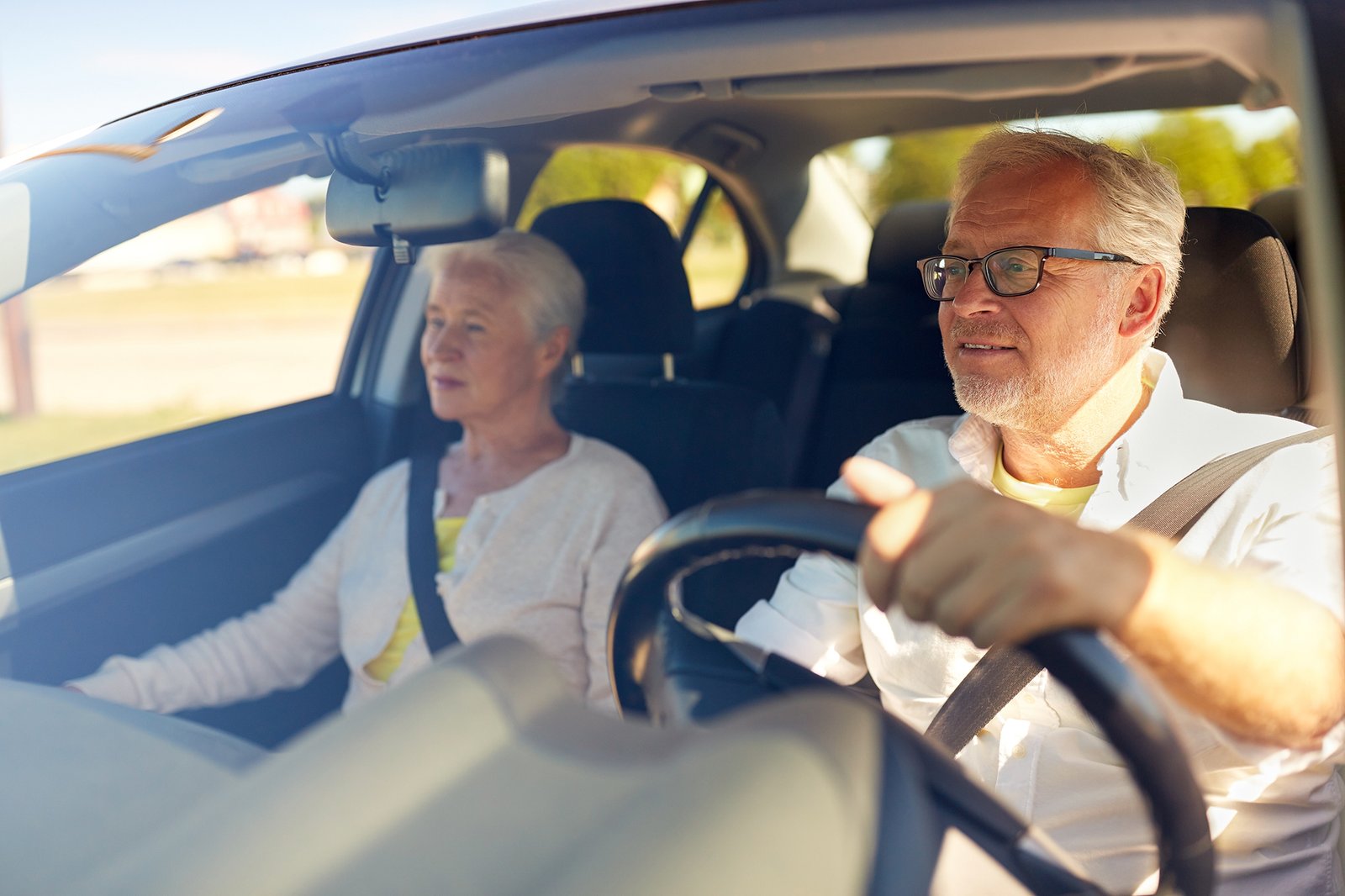
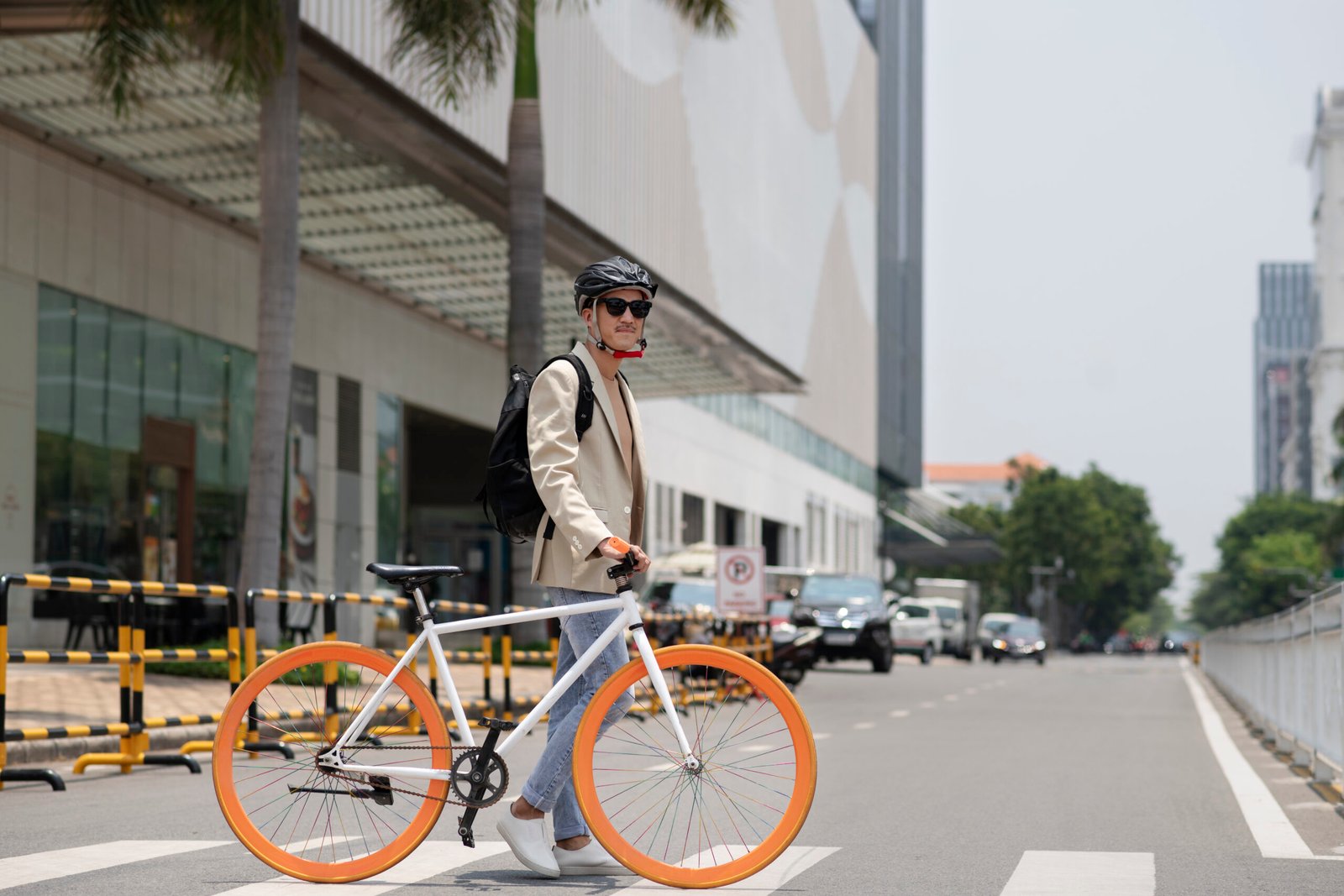
Bicycle Safety
Cyclists share the road with larger, faster vehicles, which puts them at greater risk. Wearing a helmet, using reflective gear, and obeying traffic laws are essential practices. Cyclists should also ride in designated lanes when available, signal clearly, and remain visible, especially at intersections. Equally important is driver awareness—motorists must respect cyclists’ space and avoid sudden turns or door openings.
Motorcycle Safety
Motorcyclists are exposed to the elements and have minimal protection in a crash, making safety gear and training absolutely vital. Wearing a certified helmet, gloves, jacket, and proper footwear can be life-saving. Riders should also stay visible to other drivers, maintain safe speeds, and avoid weaving through traffic. Defensive driving and frequent maintenance checks are key to staying safe on two wheels.
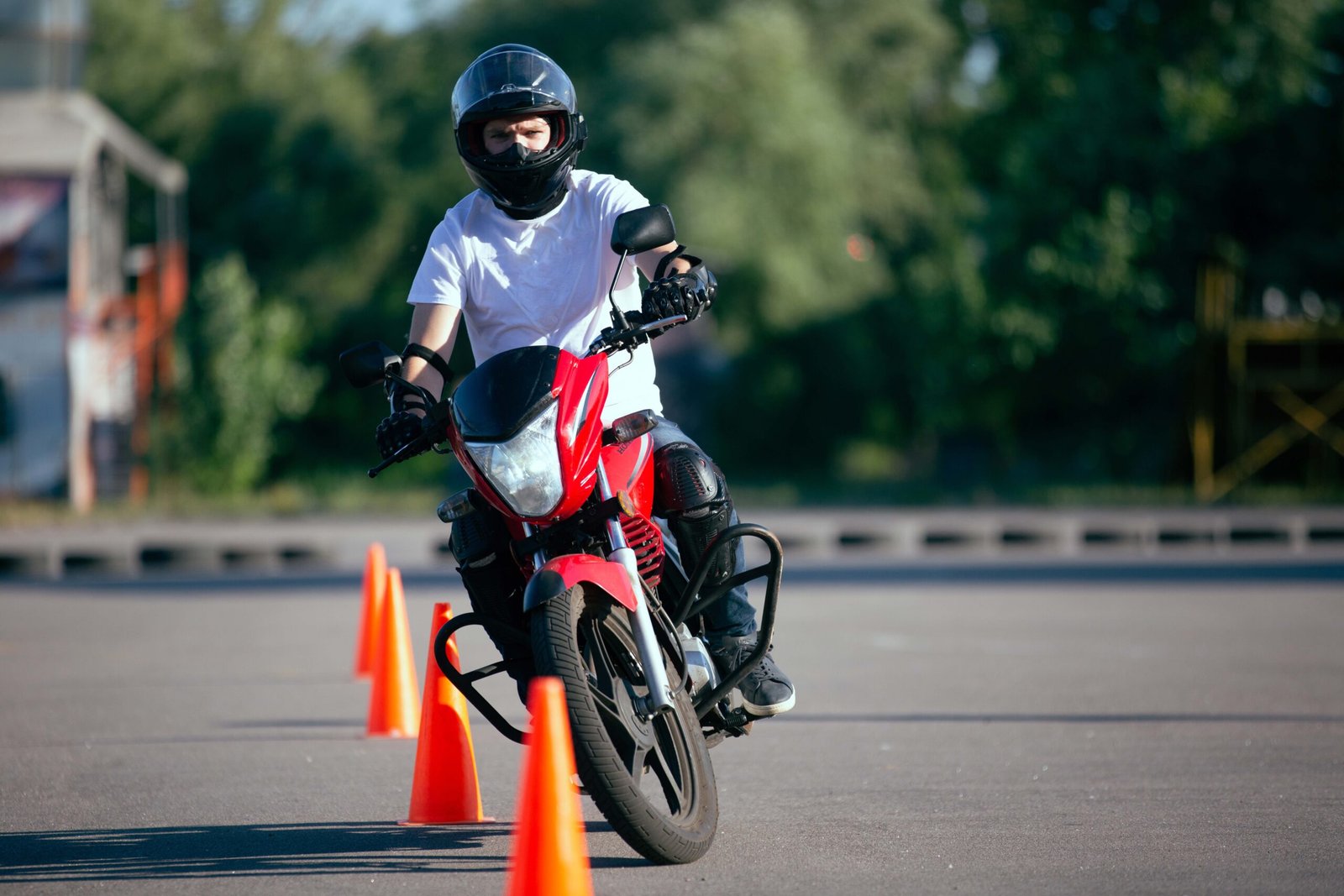
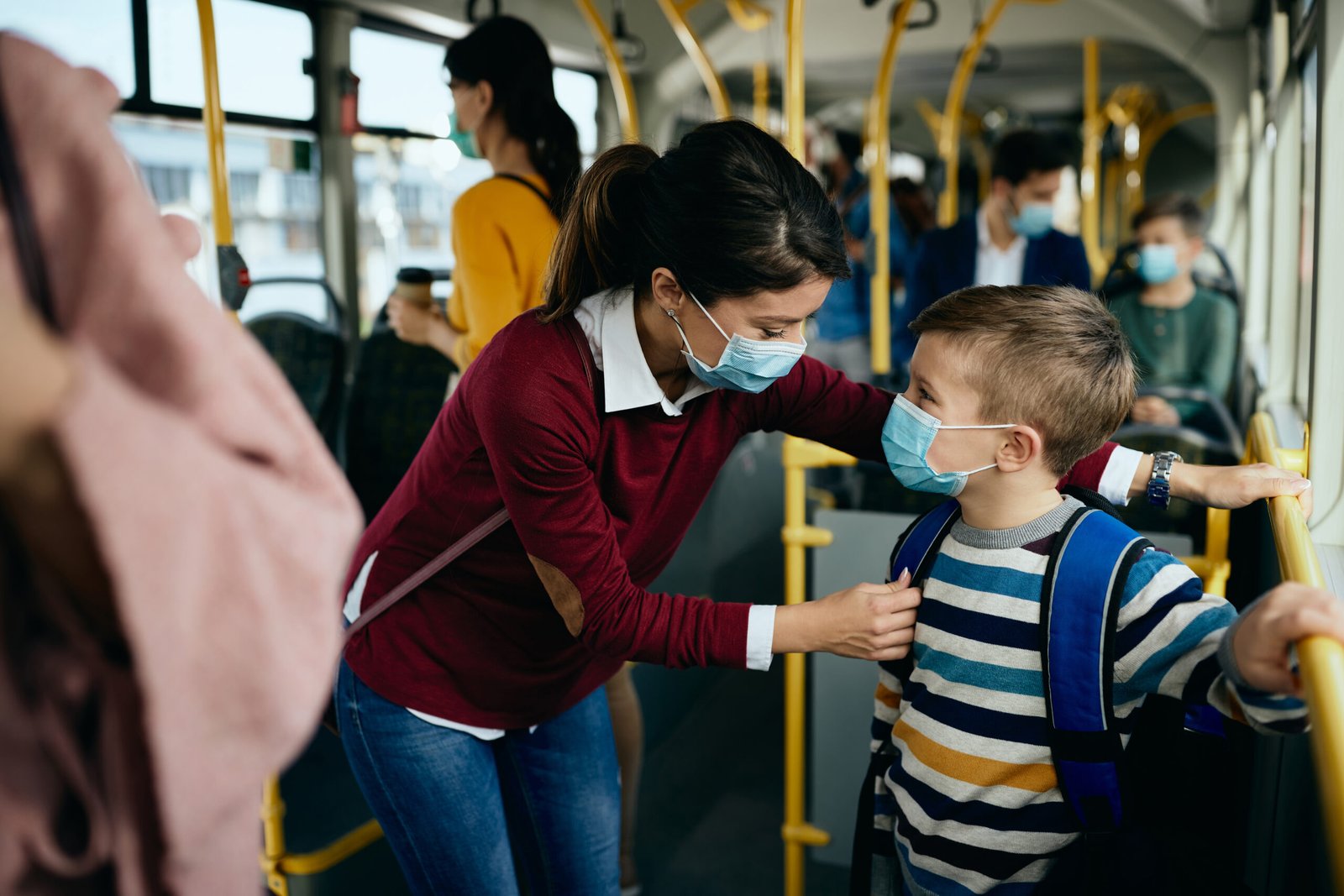
School Bus Safety
School buses are one of the safest modes of transport, but safety extends beyond the ride itself. Drivers must stop when school buses load or unload children, and children should be taught how to safely board, exit, and cross the road. Parents and schools play a critical role in reinforcing these behaviours. Meanwhile, bus drivers must remain vigilant, follow route protocols, and ensure every child’s journey is secure from start to finish.
